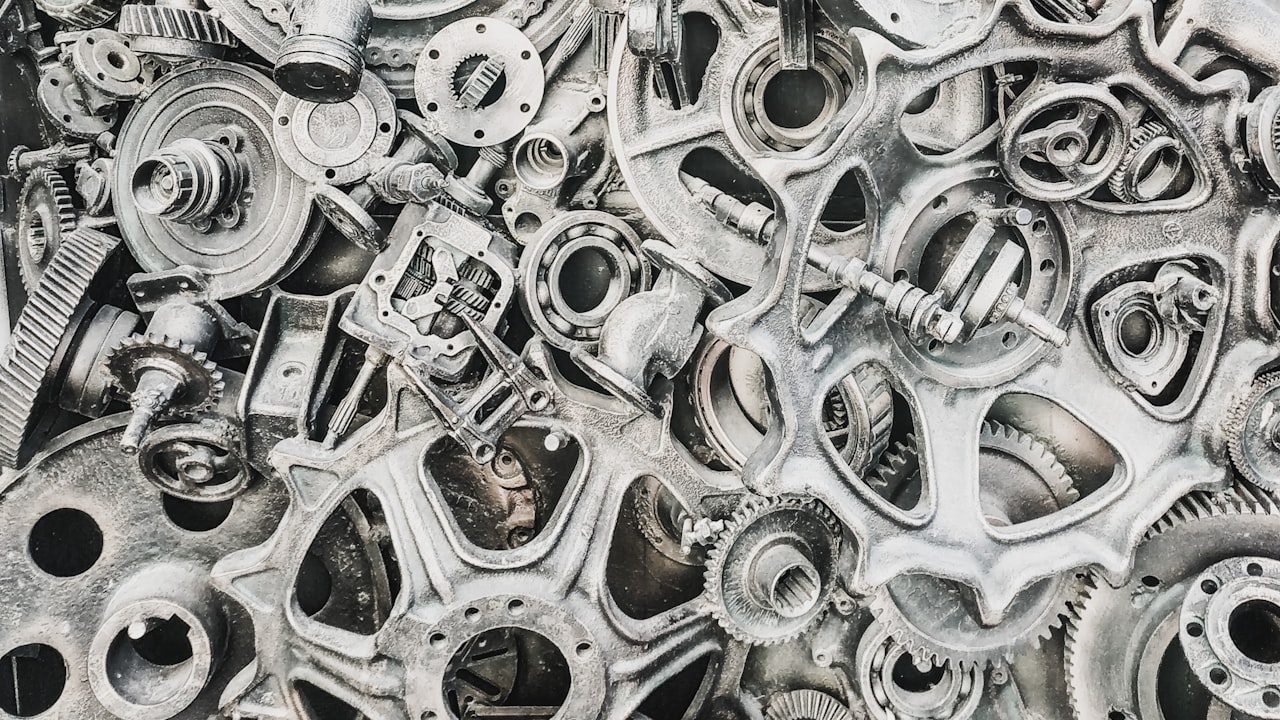 Title: “The Evolution of Pharmaceutical Machinery: Advances in Drug Manufacturing Technology”
Title: “The Evolution of Pharmaceutical Machinery: Advances in Drug Manufacturing Technology”
Pharmaceutical machinery plays a vital role in the drug manufacturing process, ensuring the efficient production of high-quality medications for patients worldwide. Over the years, significant advancements have been made in pharmaceutical machinery, leading to enhanced capabilities, improved efficiency, and higher precision in drug manufacturing.
One of the key pieces of equipment in pharmaceutical manufacturing is the table press machine, commonly used for the compression of powders into tablets. Modern table press machines offer features such as adjustable compression force, precise speed control, and automated monitoring systems to ensure the uniformity and quality of the tablets produced. The development of table press machines like the TDP (Tablet Press) and THDP (Tablet High-Speed Rotary Press) has revolutionized tablet manufacturing, allowing for increased production speeds and improved consistency in tablet weight and hardness.
Another essential piece of pharmaceutical machinery is the capsule filling machine, which is used to fill empty capsule shells with the desired dosage of active pharmaceutical ingredients. Advancements in capsule filling technology have led to the development of high-speed and high-precision machines capable of filling thousands of capsules per hour with remarkable accuracy. These machines incorporate features such as automatic empty capsule separation, dosage adjustment mechanisms, and real-time monitoring systems to ensure the quality and integrity of the filled capsules.
The evolution of pharmaceutical machinery has also been driven by the increasing demand for personalized medicine and innovative drug delivery systems. Manufacturers are investing in research and development to create machinery that can accommodate the production of specialized dosage forms such as modified-release tablets, transdermal patches, and biodegradable implants. By integrating cutting-edge technology such as artificial intelligence, robotics, and 3D printing, pharmaceutical machinery is enabling the production of complex drug formulations with improved bioavailability and patient compliance.
In conclusion, the continuous innovation and advancement of pharmaceutical machinery have significantly contributed to the enhancement of drug manufacturing processes. Table press machines, capsule filling machines, and other specialized equipment have undergone significant improvements in terms of speed, precision, and versatility, allowing pharmaceutical manufacturers to meet the evolving demands of the healthcare industry. As technology continues to evolve, we can expect further developments in pharmaceutical machinery to drive the future of drug manufacturing towards increased efficiency, quality, and innovation.





